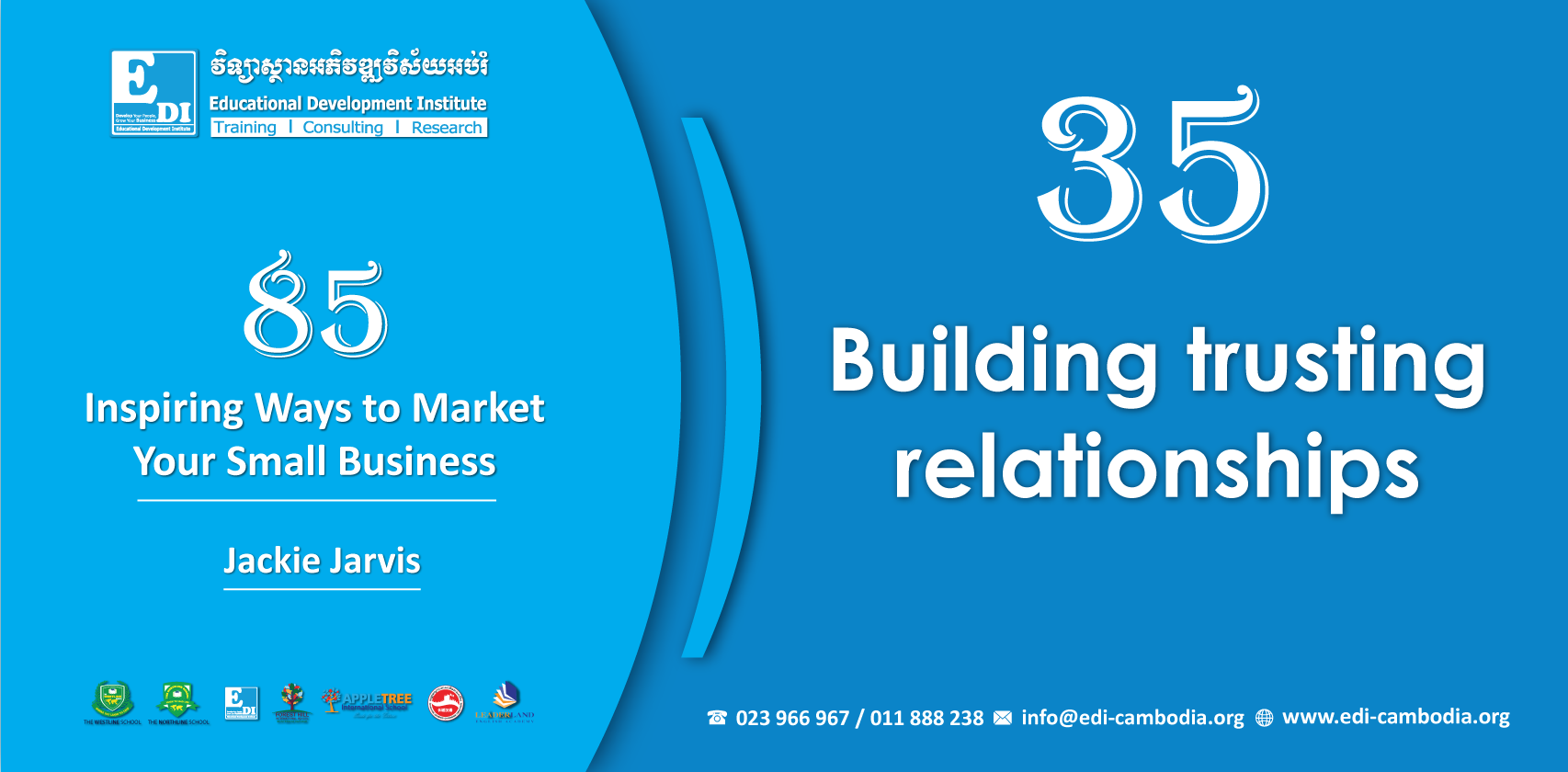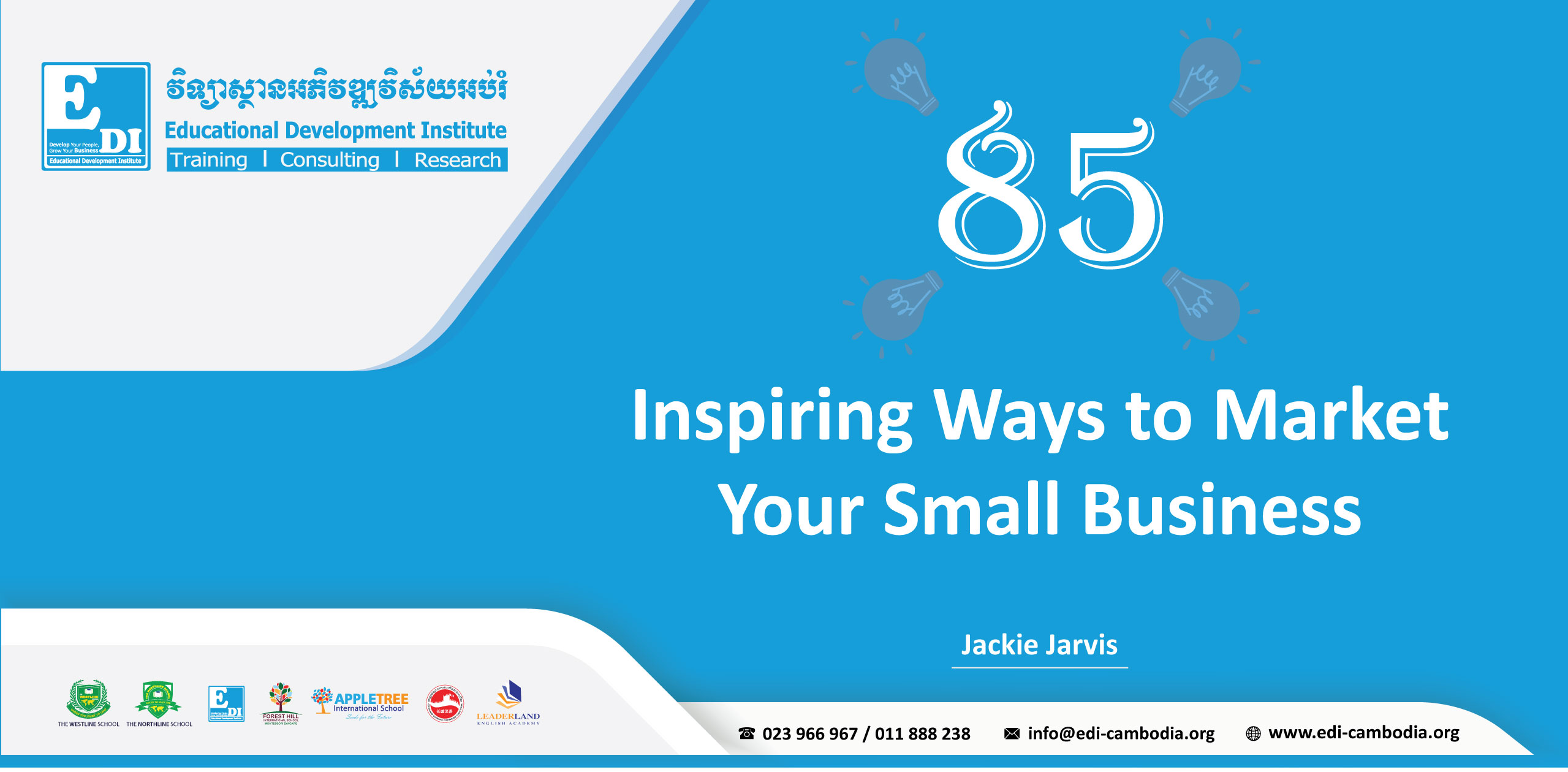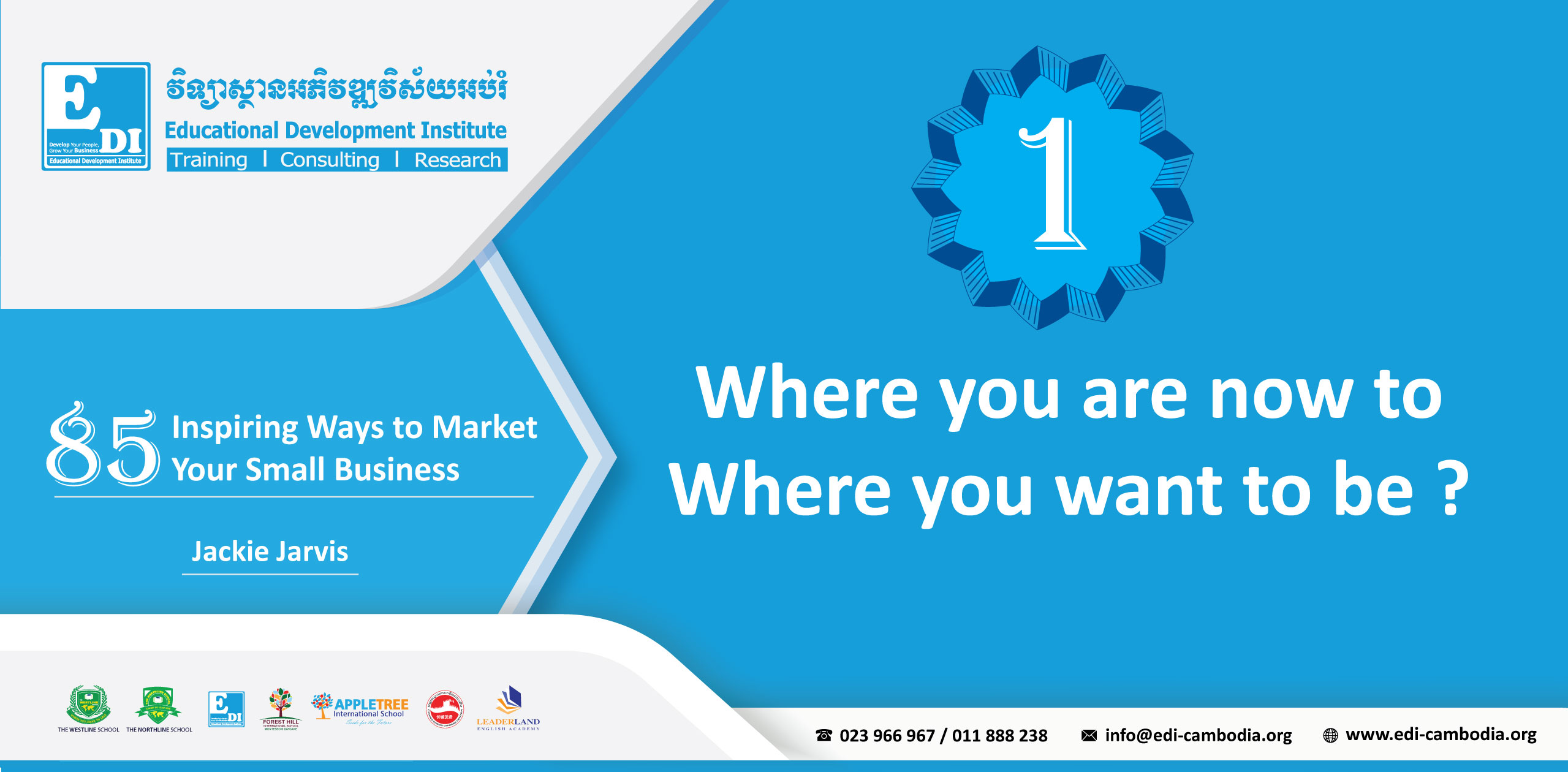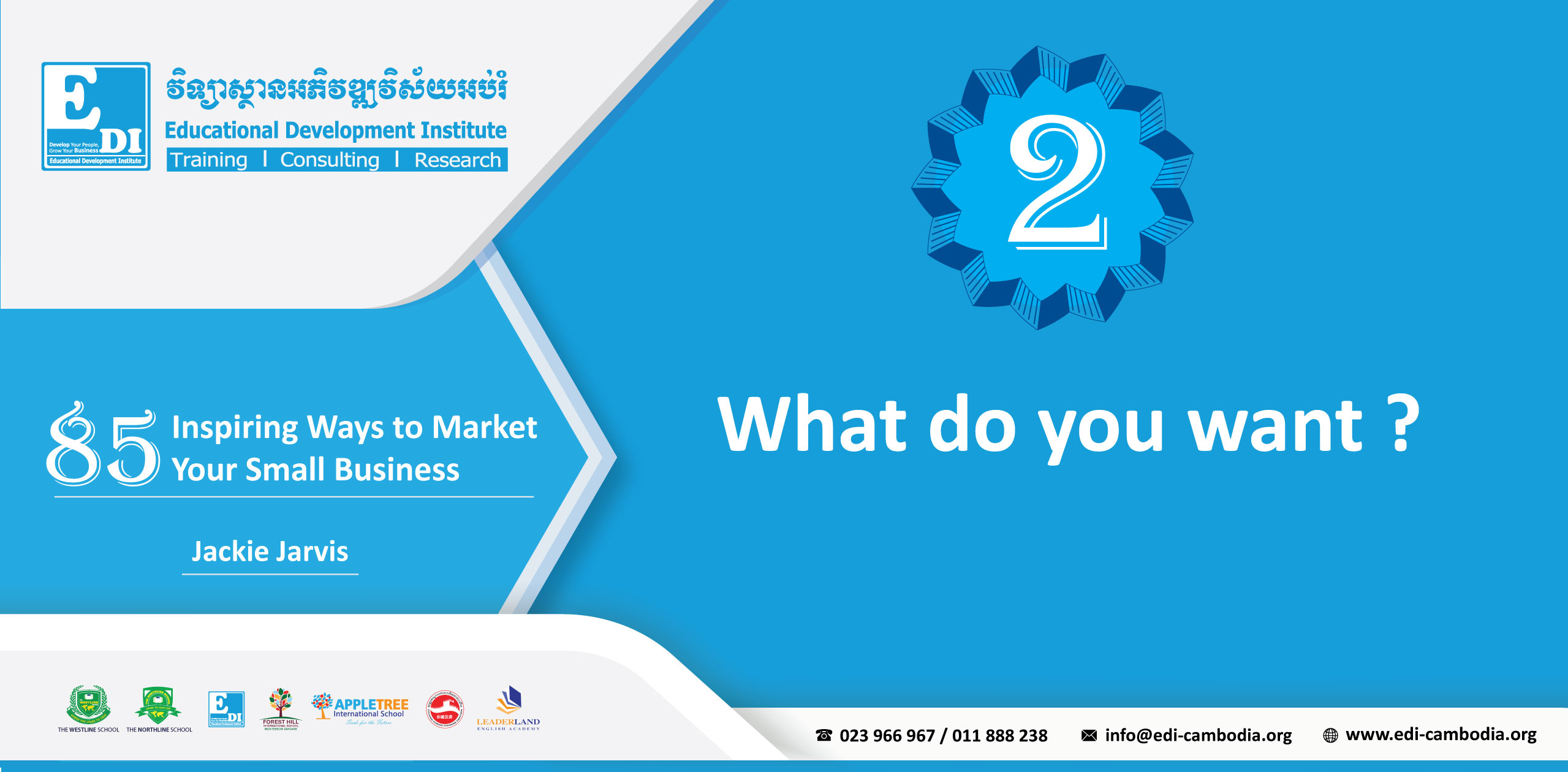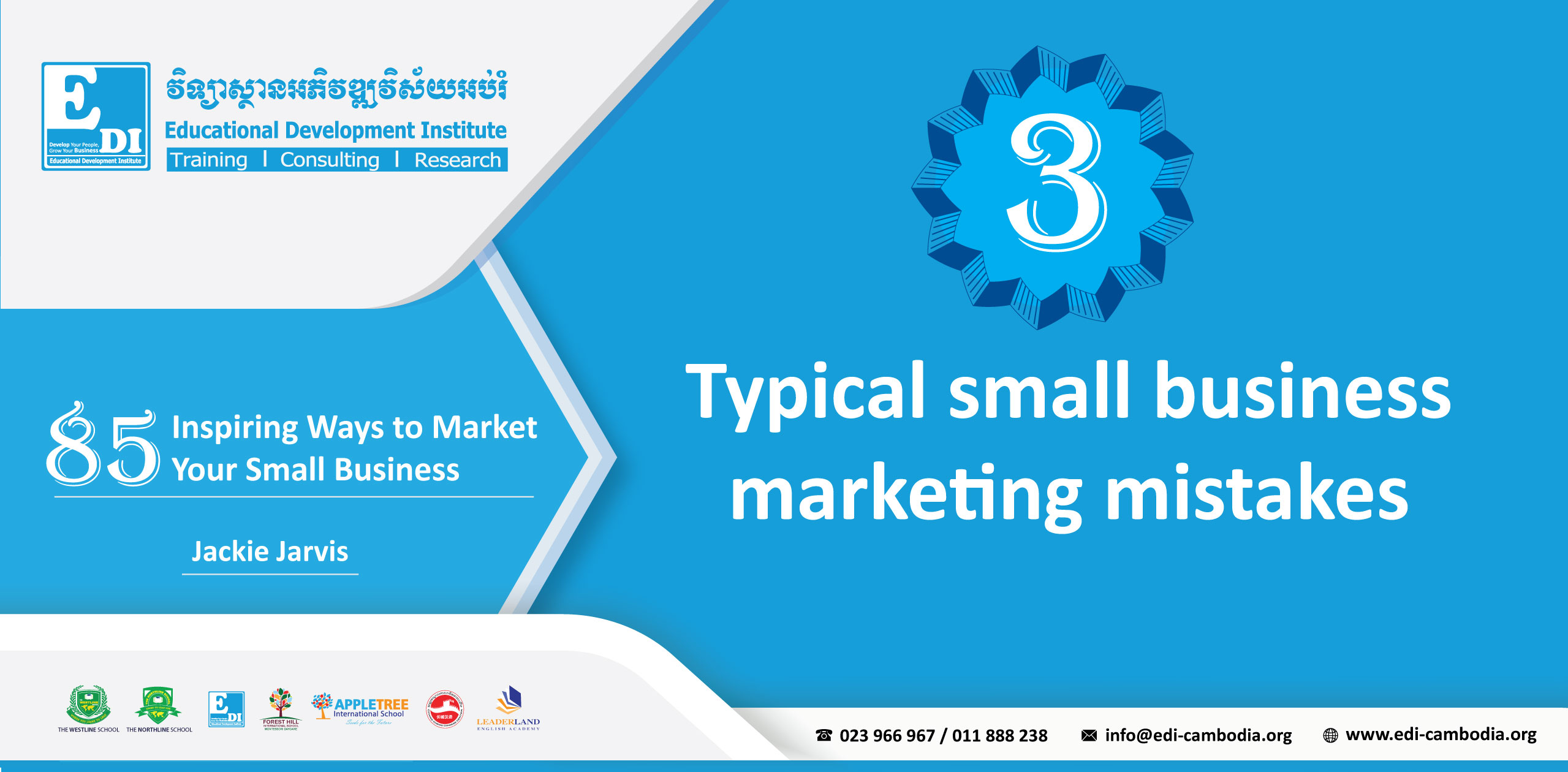What is a trusting relationship?
A trusting relationship is built when your customers feel connected with you as a person and confident that you have their interests and needs at heart. You will be their first choice when they have a relevant problem that needs solving. Trust is built up over time and through experiences. If you have always maintained a level of service that delivers exactly what has been promised, you do what you say you are going to do and your customer is completely satisfied then it will be easy to build trust. Trust is about integrity and values. It matters deeply to people and is very personal.
Why is trust an important relationship ingredient?
Trusting relationships form the backbone of successful businesses. In a world where there is a lot of choice people will always support those that they trust the most. Customers are actually looking to build trust. They want it. It builds buyers’ security. Trust is a high value for many. If the trust is there then customers will listen to your advice, make decisions based on your suggested solutions and often not question your prices as much as they would if they were unsure of you. Building trusting relationships can help you to retain customers, gain customers, and increase the number of referrals that you get.
Your challenge
Depending on the nature of your business you will no doubt come into contact with a lot of people. You will need to work hard to maintain your standards and make sure that however brief your contact is with each individual, it is positive. Small things can break trust in an instant: not getting a proposal or a telephone follow up you have promised done in time; a sharp word when you are tired or stressed, forgetting a name, an important detail about a business, or worse making silly mistakes that affect your customer’s belief in your service. Trust can take a long time to build and an instant to break.
What builds trust in relationships?
- Demonstrating natural respect for people.
- Asking questions and really listening to what people want.
- Showing you understand what matters to each individual.
- Being honest, even if it means that you do not sell your services.
- Giving ideas and advice away for free.
- Delivering whatever you promise.
- Letting people know if for any reason you cannot deliver.
- Doing the best you can for people.
- Being genuine.
- Time and contact.
YOUR EXISTING CUSTOMER RELATIONSHIP ^ SPECIAL RESPONSE CHECKLIST
Consider the level of trust that you have with your existing customers. Ask yourself the following questions and be honest in answering them.
- How do you know if a customer trusts you?
- Name the customers you have with whom you think you have a trusting relationship.
- What is the di¡erence between those with whom you have a trusting relationship and those you don’t?
- How do you build trust with people?
- What could you do to build more trust?


.png)
